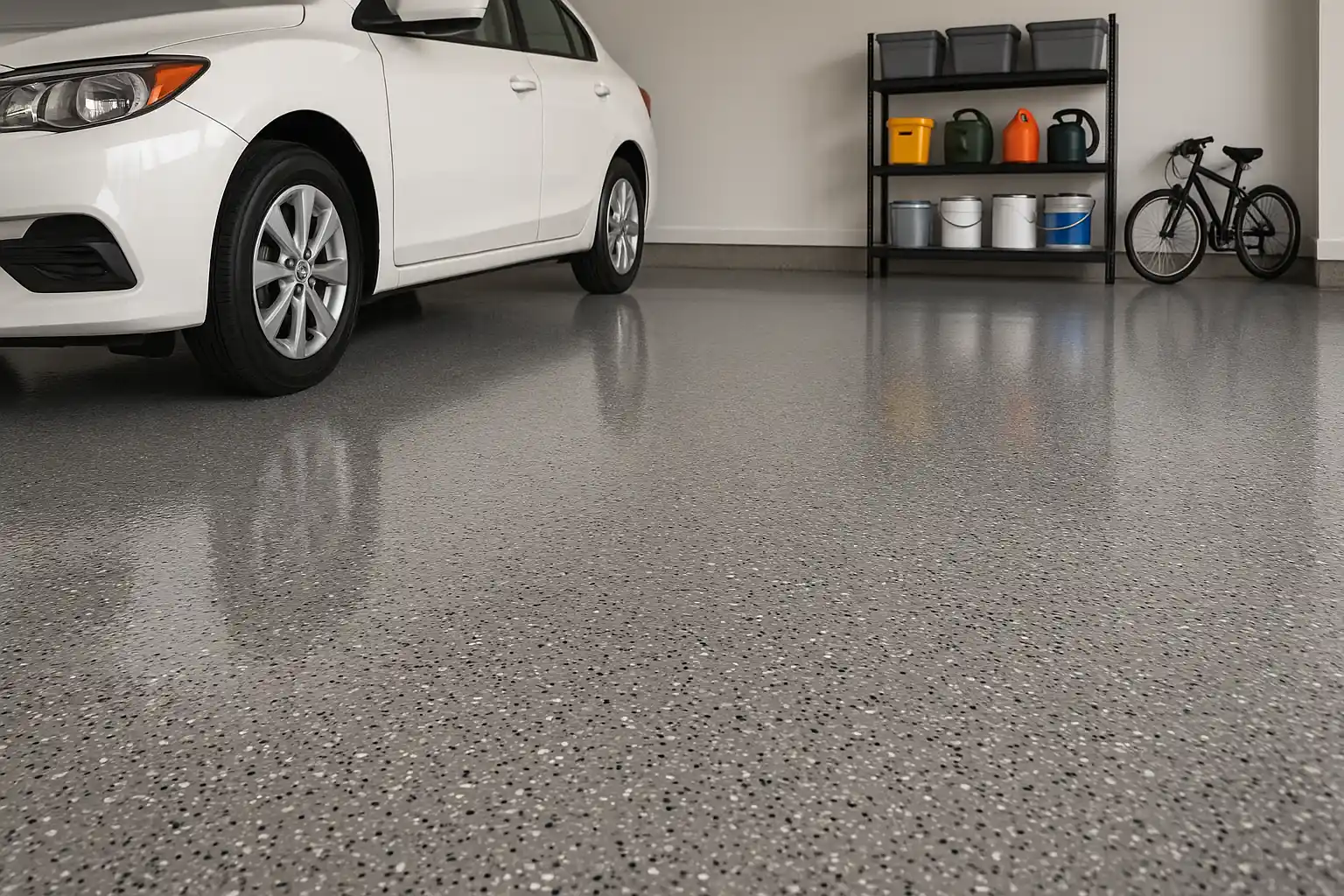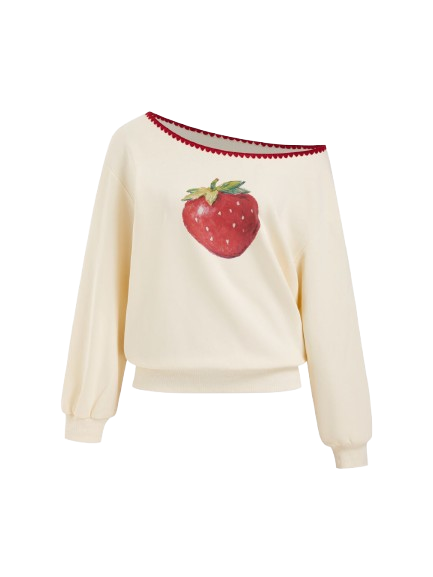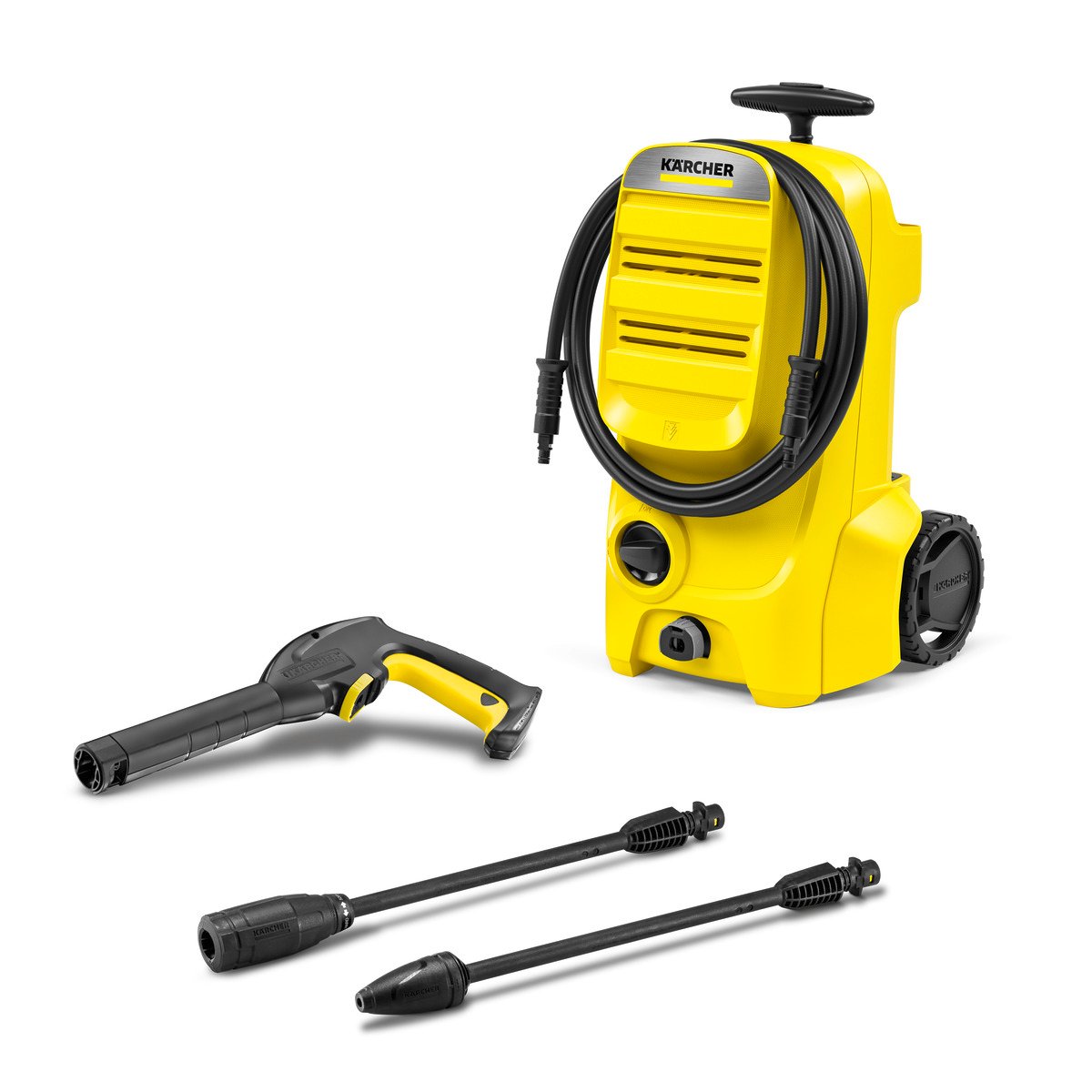In today’s global marketplace, businesses in the textile and fashion industry face crucial decisions regarding their supply chain. Selecting the right wholesale textile supplier can significantly impact product quality, delivery timelines, and overall business sustainability. While imported textiles may offer certain price advantages, UK wholesale textile suppliers provide compelling benefits that often outweigh initial cost savings. This article explores the advantages of partnering with domestic suppliers and why this choice might be the smartest business decision for your textile needs.
The Quality Advantage of British Textiles
British textiles have earned a worldwide reputation for exceptional quality and craftsmanship. UK manufacturers adhere to strict quality control standards throughout the production process, resulting in fabrics that consistently meet high specifications. This commitment to excellence means fewer defects, greater durability, and better performance in finished products.
Local suppliers like Create Fabrics maintain rigorous quality assurance processes that simply aren’t guaranteed with international imports. When you source domestically, you can personally inspect materials before purchase and maintain direct communication with manufacturers about quality specifications. This hands-on approach to quality management is nearly impossible with overseas suppliers operating in different time zones and business cultures.
Reduced Environmental Impact
Sustainability has become a non-negotiable aspect of modern business operations, particularly in the textile industry, which has historically contributed significantly to environmental degradation. By choosing UK-based wholesale suppliers, businesses dramatically reduce their carbon footprint through shortened supply chains and transportation distances.
Local sourcing eliminates the massive carbon emissions associated with long-distance shipping from manufacturing hubs in Asia and elsewhere. Additionally, British textile manufacturers typically operate under stricter environmental regulations than many overseas counterparts, ensuring more sustainable production practices from fiber to finished fabric.
Supporting the Local Economy
When businesses purchase from domestic textile wholesalers, they contribute directly to the UK economy. This economic support creates a virtuous cycle—money spent locally circulates within communities, supporting jobs and enabling further investment in British manufacturing capabilities.
The textile industry has deep historical roots in Britain, and supporting UK-based suppliers helps preserve traditional skills and craftsmanship while encouraging innovation. By partnering with established wholesalers in the UK textile sector, companies participate in maintaining a vital industry that provides employment and economic stability for thousands of British workers.
Faster Turnaround Times
In an era where market trends change rapidly, timing can be everything. UK-based wholesale suppliers offer significantly faster delivery times compared to international alternatives. Without the complexities of international shipping, customs clearance, and potential port delays, domestic suppliers can typically deliver orders within days rather than weeks or months.
This quick turnaround capability enables businesses to respond agilely to market demands, reduce inventory holding costs, and minimize the risk of style obsolescence. When working with trusted suppliers such as Create Fabrics, companies can implement just-in-time ordering systems that wouldn’t be feasible with international supply chains vulnerable to shipping disruptions.
Enhanced Communication and Relationship Building
The value of clear communication in business relationships cannot be overstated. Working with UK-based textile wholesalers eliminates language barriers, time zone differences, and cultural misunderstandings that frequently complicate international sourcing arrangements.
Local suppliers offer the opportunity to build genuine partnerships based on face-to-face meetings, facility visits, and direct collaboration. These stronger relationships often translate into better service, more flexible terms, and tailored solutions to specific business needs. Rather than being just another order number in a massive international operation, companies can develop mutually beneficial relationships with their domestic textile providers.
Navigating Brexit with Confidence
Post-Brexit trade arrangements have introduced new complexities for businesses importing textiles from abroad. Additional paperwork, potential tariffs, and shifting customs requirements create uncertainty and administrative burdens that can delay shipments and increase costs.
By choosing established UK wholesale textile suppliers, businesses can avoid many of these complications altogether. Domestic sourcing eliminates cross-border concerns and provides stability in an evolving trade landscape. This simplified supply chain proves particularly valuable for small to medium-sized enterprises that may lack the resources to manage extensive international trade compliance obligations.
Ethical Supply Chain Transparency
Consumer awareness regarding ethical manufacturing practices has grown substantially in recent years. UK textile manufacturers operate under strict labor laws that ensure fair wages and safe working conditions—standards that aren’t universally followed in all textile-producing nations.
With local suppliers, businesses gain comprehensive visibility into their supply chains, making it easier to verify ethical production practices and ensure compliance with both legal requirements and consumer expectations. This transparency has become increasingly important as end customers demand accountability regarding how and where their products are made.
Customization and Innovation Opportunities
Proximity to suppliers creates unique opportunities for product development and customization that aren’t practical with international sourcing. UK-based textile wholesalers can more easily accommodate special orders, custom designs, and collaborative innovation projects due to their accessible location and shared business culture.
When working with suppliers like Create Fabrics, businesses can engage in joint development efforts, testing small batch productions before scaling up successful designs. This collaborative approach fosters innovation while reducing the risks associated with new product development. The ability to quickly prototype and iterate designs represents a significant competitive advantage in fast-moving fashion and textile markets.
Financial Stability and Risk Management
While imported textiles might appear less expensive at first glance, hidden costs often erode these apparent savings. Currency fluctuations, shipping insurance, customs fees, and potential quality issues can significantly increase the true cost of imported materials.
UK-based wholesale suppliers typically offer more stable pricing structures without the unpredictability of international exchange rates and shipping surcharges. Additionally, payment terms with domestic suppliers generally present lower financial risk than international transactions requiring large deposits or advance payments. This financial predictability helps businesses manage cash flow more effectively and budget with greater confidence.
Conclusion
The decision to source textiles from UK-based wholesale suppliers rather than international alternatives offers numerous advantages beyond initial price considerations. From superior quality and faster delivery to reduced environmental impact and enhanced supply chain transparency, domestic sourcing creates value throughout the business operation.
As the global marketplace continues to experience disruptions and uncertainties, the stability, reliability, and accessibility of local textile suppliers become increasingly valuable. By partnering with established UK wholesalers, businesses position themselves to respond nimbly to market changes while supporting the domestic economy and meeting growing consumer demands for sustainable and ethically sourced products.
Frequently Asked Questions
- Aren’t imported textiles always cheaper than UK-sourced alternatives?
While the initial price per yard or meter may be lower for imported textiles, the total cost often increases when accounting for shipping, customs duties, longer lead times, and potential quality issues. UK-based suppliers like Create Fabrics often provide better value when all factors are considered.
- How quickly can UK textile wholesalers typically fulfill orders?
Most established UK suppliers can deliver standard orders within 3-7 business days, compared to the 4-8 weeks often required for international shipments. Rush orders can sometimes be accommodated in as little as 24-48 hours, particularly for existing customers with established relationships.
- What certifications should I look for when choosing a UK textile supplier?
Reputable UK suppliers typically hold certifications such as ISO 9001 (quality management), OEKO-TEX (harmful substances testing), and GOTS (organic textile standard). Many also participate in industry-specific sustainability initiatives that verify their commitment to ethical and environmental standards.
- Can UK suppliers match the variety of textiles available from international sources?
Yes, many UK wholesale textile suppliers maintain extensive inventories representing global textile traditions. Leading wholesalers import raw materials and produce finished fabrics domestically, offering customers both traditional British textiles and international styles manufactured to UK quality standards.
- How do I establish a relationship with a UK-based textile wholesaler if I’m new to the industry?
Most established UK suppliers welcome new business relationships. Begin by researching suppliers specializing in your required textiles, then arrange facility visits or sample requests. Industry trade shows provide excellent opportunities to meet suppliers in person. Many wholesalers, including Create Fabrics, offer specialized support for new businesses entering the textile market.











Leave a Reply